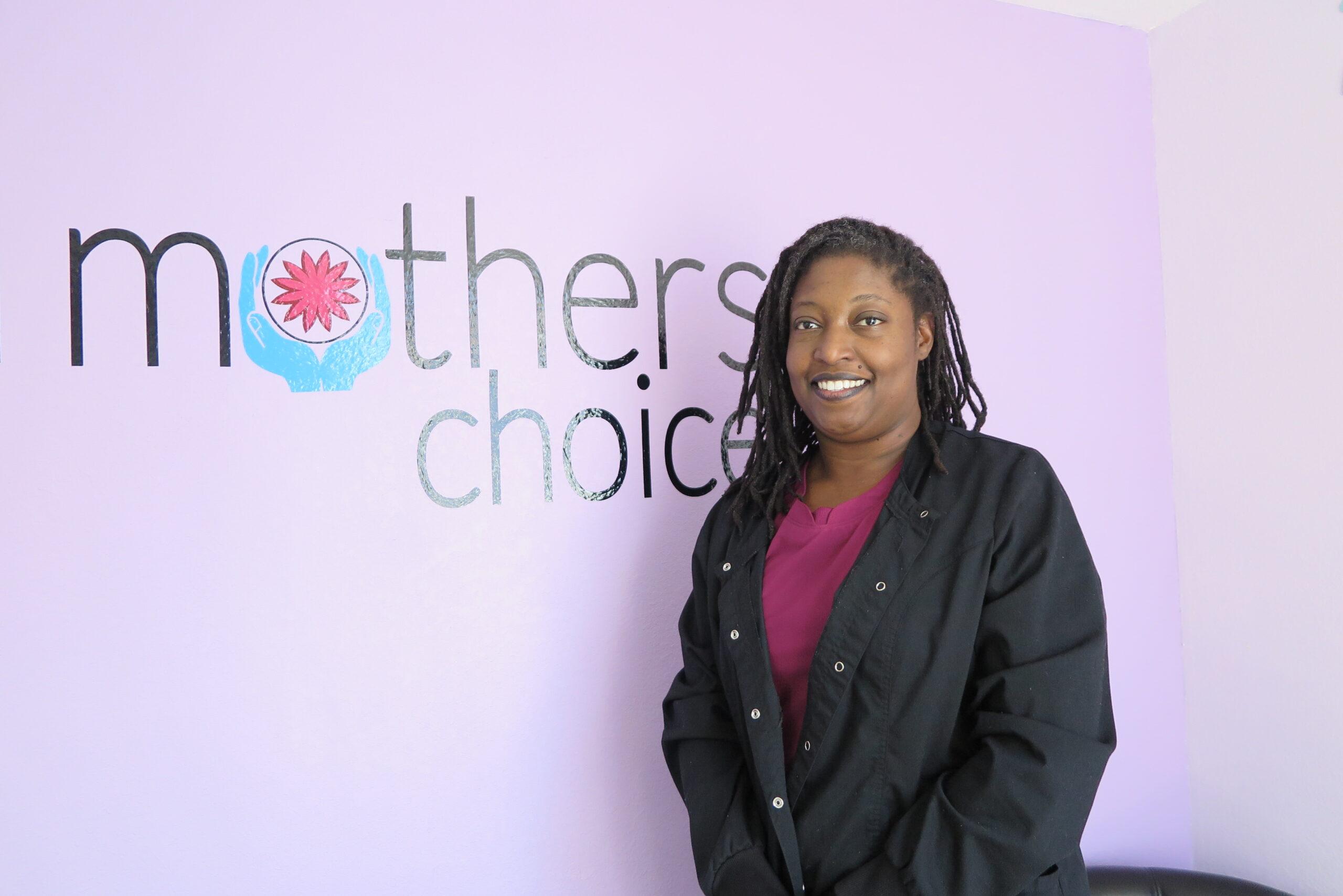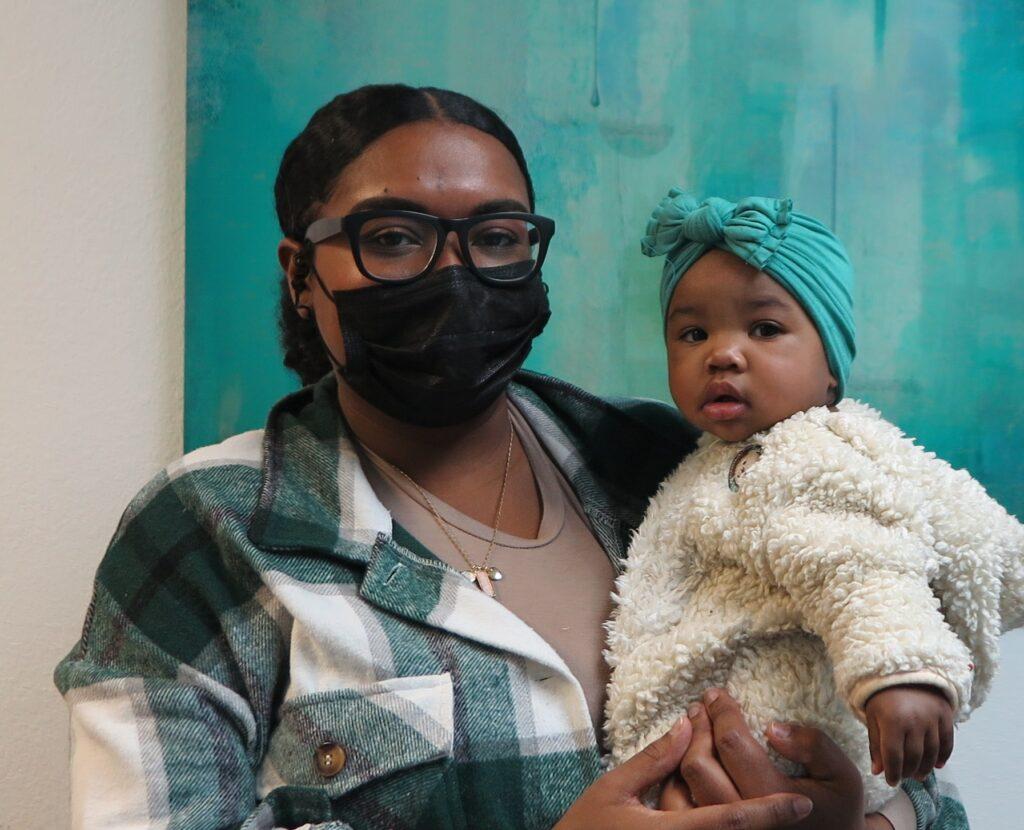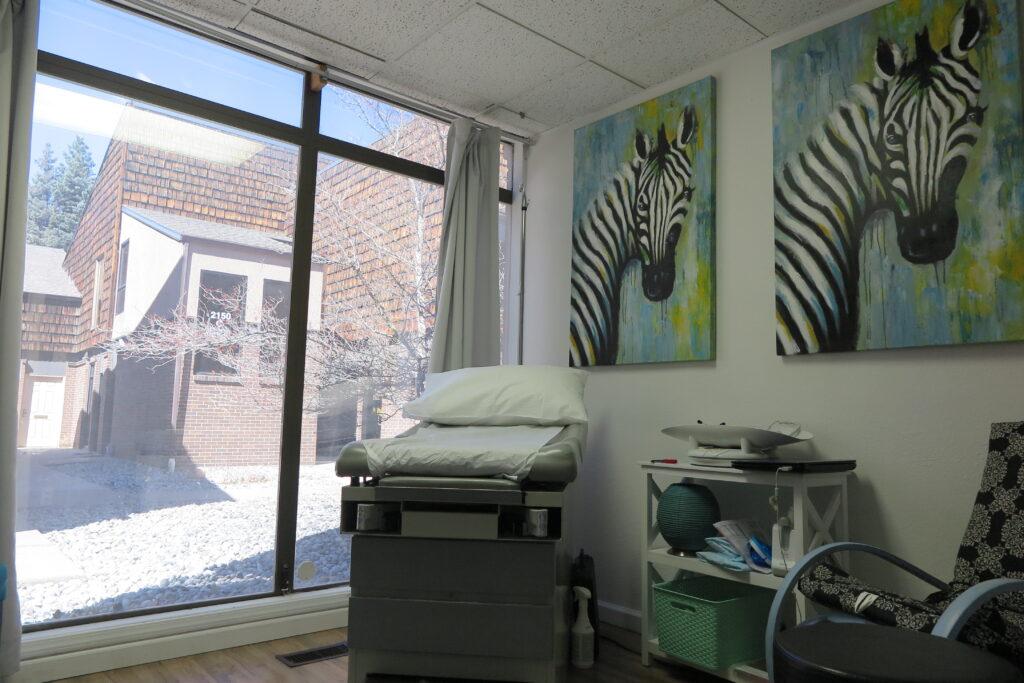
Last year, Colorado passed three bills known as the Birth Equity Package. Part of that legislation expands Medicaid coverage for a year after birth. That's the time period with the highest number of maternal deaths in the U.S.
Demetra Seriki is recognized as the only Black Certified Professional Midwife in the state, working out of Colorado Springs. She said the changes were absolutely necessary. She also said it's not enough.
"Color does play a role. And if we're saying it doesn't, we're not being realistic."
-Shelby irvin, doula and mother of four
"The system is just, it's inherently broken—burn it down. Burn it down," she said. "It's just broken. It's broken for anybody that bears any child in their womb."
Seriki says she knows firsthand the barriers people of color face in accessing medical care, whether that be to give birth or addressing other needs.
"In general, most people of color are suspicious of the care that they're receiving, but they don't really have anything they can say that's concrete medical evidence," she said. "But there's suspicion or trauma that's already been placed on them through the system."
According to the Population Reference Bureau, a non-partisan group that aims to improve health and well-being, Black women in the U.S. are over three times more likely to die in pregnancy or after giving birth when compared to white women.
Sometimes, Seriki said, who the medical provider is might make a difference.
"Statistically, we know that when people of color are cared [for] by people of color, they reduce their incidents of what we call a 'near miss,' meaning you almost died, but you didn't… or death," she said.
Research into the relationship between midwifery and birth outcomes shows midwifery-led care can reduce maternal mortality rates. But Seriki is limited in what she can do, assisting only in home births and soon, thanks to another law passed last year, at a birthing center.
Shelby Irvin is one of her recent clients. She chose to give birth at home, with Seriki's help, after she said she had a traumatizing race-related experience at the hospital during her first pregnancy.

"Color does play a role," Irvin said. "And if we're saying color doesn't, then we're not being realistic. This was a difficult pregnancy for me and I genuinely believe that if [Seriki] was not there, that I would've had a different outcome."
Irvin, who is also Black, works as a doula, focusing on emotional and physical support during pregnancy and childbirth.
"I delivered at home just so that I can be seen and not just be a stereotype and just to have the experience that I deserve to have as a mother birthing," she said.
Last year, a survey from the Colorado Health Foundation found close to half of those polled believe Black Coloradans are more likely to receive poor quality or inadequate health care compared with white Coloradans.
Seriki said folks are often lost in the system, and her role as a midwife can help.
"Our health care system is a capitalist system so they're turning over OB patients every 10 to 15 minutes. Not in this place, not in this space," she said. "The midwives model of care is a minimum of 30 minutes. So if I have somebody that needs an hour, they get an hour."

The most recent data for the state of Colorado found outcomes for Black, white, Asian, and Hispanic Coloradans were roughly the same in terms of maternal mortality. Native Americans had a significantly higher percentage of pregnancy-associated deaths. They're nearly 5 times more likely to die than non-Native people who gave birth in the same period. The leading cause of post-partum death was suicide, followed by drug overdose.
"If it's preventable, we have a problem," Seriki said. "We can't continue to blame pregnant people. We have data that tells us different. So why is it that we know better, but we're not doing better? It's a fair, very good question. And nobody's gonna answer that."
Seriki said she's noticed a shift in who is seeking midwifery care, some of which was amplified by the pandemic when people avoided hospitals and health care centers, but her practice is not always convenient.
"So folks now know that they have other options, but there's a barrier. You know, there's a barrier with billable insurance," she said.
Seriki said 95 percent of her clients are BIPOC - Black, Indigenous, or People of Color. She sees folks from Lakewood to Pueblo. Of the 29 providers registered with the Colorado Midwives association, four publicly identify as BIPOC.









